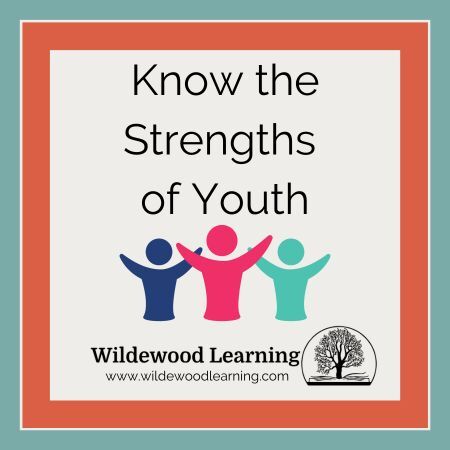What are you passionate about?
This can be a difficult question to answer. Being passionate about something can lead a person to be totally immersed into a topic or activity to the point that it takes over life! However, I would encourage you to seek a broader understanding of passions as a deep journey into an activity or topic that can last for a short time or a lifetime.
“Do you want to work as a cook at a summer language camp?” I asked my daughter this spring. My daughter is not an experienced cook. She has a short list of things that I have seen her prepare in the kitchen with Ramen Noodles being at the top of her list.
However, I asked her this question after talking with a colleague about my daughter’s recent experience as an exchange student for a semester in Denmark. “Would your daughter be interested in cooking for the Danish Language camp this summer? The camp is in need of kitchen help,” She told me.
Just asking my daughter the question related to her interest in the job has led her to have an enjoyable experience at camp this summer. Through her experience, she has learned more than just cooking skills. This summertime experience has fueled her interests in cultures, language, and meeting new people.
This deep dive into the Danish culture and language through her recent exchange and currently spending time at the language camp has fueled her passion for international travel. She wants to know more about languages, people and cultures of the world.
In my past two posts, I have talked about the power of knowing your strengths and values. Knowing your passions is the third component of helping yourself and learners to develop a path for self-directed learning and possibly careers.
Sparks
When helping young people discover and deepen their interests, supportive peers and adults are the keys to encouraging the development of the activities into something deeper. All the adult needs to do is add a small amount of kindling to the fire, to ignite the passion. Maybe it’s offering multiple exposures to an activity or encouragement to try something new. Parents and teachers can nurture the spark of interests through fun and low stakes experiences.
However, a word of caution for the supportive adult: just like placing a log that is too big on a fire that is just starting to burn, the flame goes out. Similarly, if the supportive adult becomes too serious about the activity and take away the sense of choice from the young person, the spark of interest will more than likely die out.
The Search Institute describes a spark as a hidden flame within students that lights their fire, gets them excited, and taps into their true joy. In a past post, I described more about knowing your teen’s spark.
Identifying, developing, and deepening a student’s sparks can lead to greater purpose, autonomy, and mastery, all elements needed for motivation and accomplishment of new skills and internal development.
Ways to support Sparks
Teachers, parents and other supportive adults can help young people find their sparks through a number of strategies:
- Short conversations asking questions about what they enjoy doing or are really good at doing.
- Teachers’ classroom observations wherein teachers discover which topics interest the young person.
- Developing engaging experiences where young people execute a project motivated by what has sparked their interest.
- Self-reflection with the young person on what what about the activity caught his/her attention, or not, and why.
Other ways to embed the interests of the young person into learning is through the simple activity of show and tell. Even in the upper ages, show and tell is a great activity to have in a classroom that will give insight into a young person’s interests.
Spark Interest in a Career
Incorporating a student’s sparks into the curriculum through project choices and real-world experiences can help a student develop and deepen an chosen activity. Informal and formal experiences can also help young people develop a path that might lead to a future vocation.
Informal experiences such as interacting with different cultures, travel, volunteering and trying out a new endeavor can create a sense of excitement that can spark greater interest.
Formal experiences such as jobs, apprenticeships, or courses can create skills and knowledge that can, again, lead to an interest in an occupation. Both informal and formal experiences are meaningful and needed in supporting young people in developing a path for the future.
When working with older youth there are many resources toto help them determine their interests and identify career paths that might support those interests. My Next Move is a website that helps look at the interests of youth and pairs the interests with potential occupations based on the Holland Code. This website is chocked full of helpful information when looking at different professions.
20 by 20 is an activity done with youth that helps brainstorm dreams for the future. It’s a simple activity wherein students are given a short period of time to brainstorm 20 things they would like to do by the age of 20. Let the students dream and not edit the list. Then have each student write 1-2 of the activities on a note card with their name. Post the notes on the wall or collect for use when developing projects and activities that could engage their various interests.
These are just a few ideas on how to support a young person’s interests both inside and outside the classroom. The young person’s interests may turn into a career or a lifetime hobby. Whatever the path the interests take, it is important to remember that caring, supportive adults like you are the power to helping youth find their passions.
Photo by Stephanie McCabe on Unsplash


